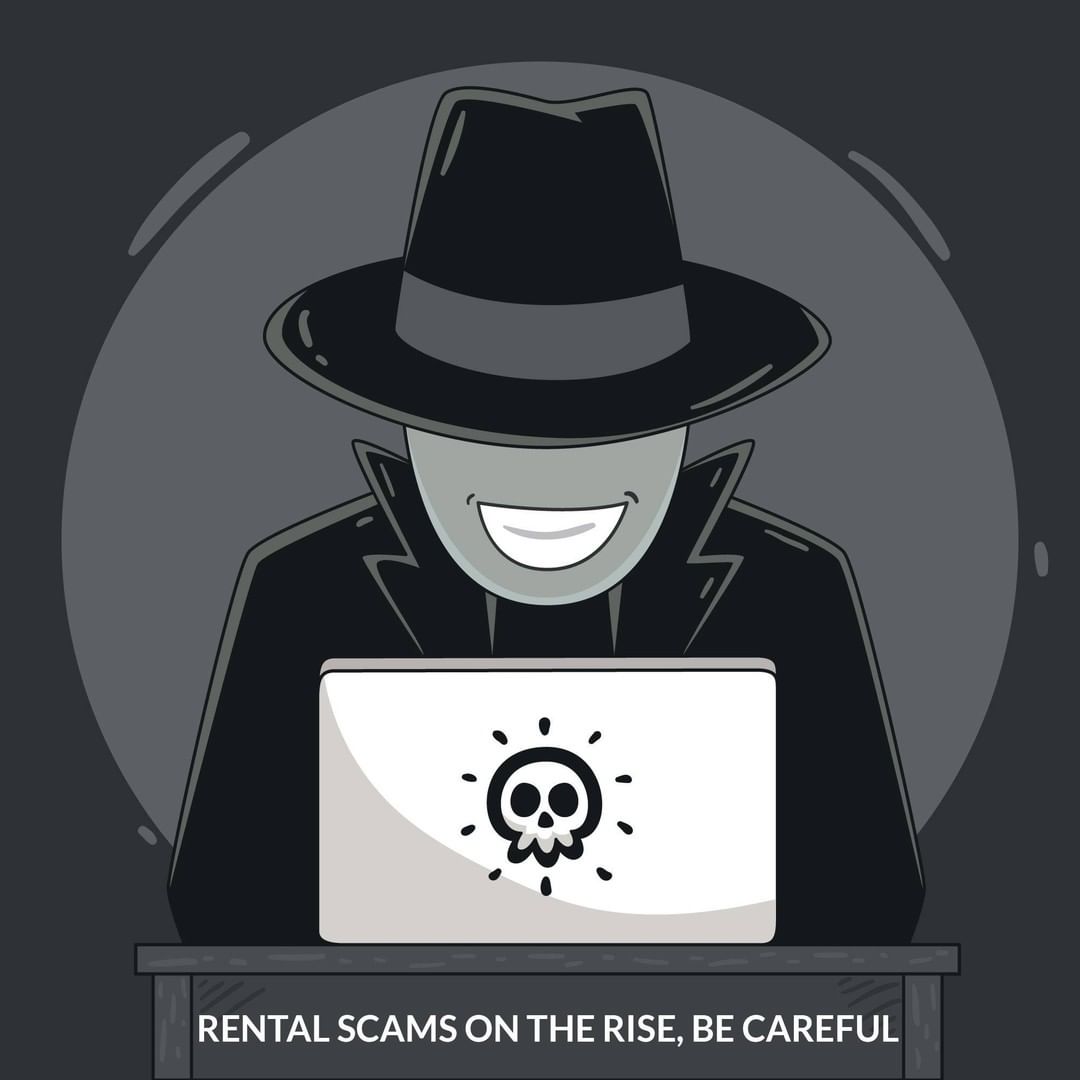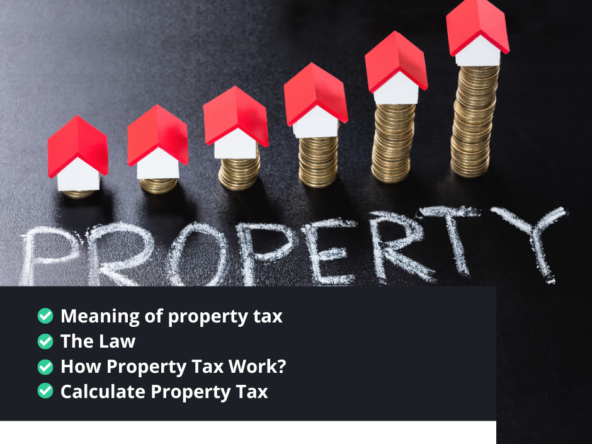How to protect yourself from rental scams in Uganda?
How to avoid rental scams?
As law abiding and polite as Ugandans might be, there are a few bad apples out there who attempt to scam renters. It’s no surprise that apartment rental frauds exist in Uganda, especially in the hottest rental markets such as Ntinda and Kololo.
In fact, 30% of renters throughout Uganda have encountered fake ads. In most cases, the scammer aims to steal money from a prospective tenant. They’re typically imposters who place ads for rentals that either don’t exist or aren’t for rent. Either way, we want you to stay clear.
Finding a place to rent is difficult enough and the last thing you want to deal with is financial or identity theft. Whether you’re renting in Kampala, Wakiso areas, or any other towns, here are some of the most common rental scams and tips to help you avoid them.
Key pick out of scams
Scam 1 – Too Good To Be True
Scam 2 – Urgent Demand For Cash Deposit
Scam 3 – Request For Too Much Information
Scam 4 – Reluctance To Use Traceable Payment Methods
Scam 5 – Difficulty Arranging Viewings
Scam 6 – Address Details Withheld
Scam 7 – Informality
Scam 8 – Listing Photos Are Suspicious
Scam 9 –Obscured Landlord Identity
Scam 10 –Deceptive messages
Scam 11 – Inconsistent Rent Pricing
Scam 1 – Too Good To Be True
If the rental rate seems shockingly low, raise an eyebrow. It may very well be a false listing.
How to Avoid: Do some comparison shopping. Look at comparable properties in the same neighborhood to determine appropriate market value. It is possible that you have come across a good deal, but it is wise to do your due diligence first.
Uganda’s trusted house & apartment rental website
Search houses, townhouse, condos and apartments for rent. Search For Rentals Near You.
Scam 2 – Urgent Demand For Cash Deposit
You have no obligation to make any deposit until a lease is signed. If a landlord or agent is pressuring you to send a cash deposit before viewing a place and signing a lease, DO NOT!
How to Avoid: If there is pressure to sign or send money, you should be suspicious. Legitimate businesses, especially in a hot rental market, have no need to pressure prospective tenants; they know you might need some time to make your decision. Moreover, they should be using their time to screen you first (references, work, etc.) before moving to the financial step.
Scam 3 – Request For Too Much Information
You are only obligated to share contact information or id, bank account information with a prospective landlord until you decide to move forward with a lease.
How to Avoid: DO NOT provide your id, bank account information until you have decided to move forward with a property. You are under no obligation to share these details.
Scam 4 – Reluctance To Use Traceable Payment Methods
If a landlord seems reluctant to use traceable payment methods like cash bank deposits or transfers or e-transfer, be suspicious!
How to Avoid: It is for your protection to pay by a traceable means – it provides evidence that payments have been made. Do not enter into a lease agreement with a landlord that doesn’t insist on traceable methods of payment.
Scam 5 – Difficulty Arranging Viewings
If setting up a property viewing is problematic, this could be a sign the property doesn’t actually exist.
How to Avoid: If a landlord or agent keeps switching viewing times or is a no-show, these are red flags. Scammers are reluctant to meet with their victims to avoid recognition and police descriptions.
Also be wary when viewings are difficult because the owner is allegedly is not in town, you are right to be suspicious and to steer clear.
Scam 6 – Address Details Withheld
If the landlord or agent is reluctant to provide an address or unit number, this is suspicious and may indicate that the unit does not exist or the images posted are for a different unit than the one available.
How to Avoid: Viewing a listing in person should be one of your first priorities and a key way to confirm the legitimacy of the listing. Be sure to schedule a viewing with the agent, landlord or property management company. They should always be willing and prepared to set up appointments.
Scam 7 – Informality
Be wary if a landlord suggests that there’s no need for a lease, and a handshake is just fine. This is not true!
How to Avoid: It is great if your landlord is friendly and you can develop an easy rapport with them. However, when it comes down to the business of leasing and paying rent on a property, a lease agreement is a MUST. You, as a tenant, need the protection of a lease agreement and a legitimate landlord should be willing to provide a lease agreement, their own contact info and references. Insist on it!
Scam 8 – Listing Photos are Suspicious
Are the photos blurry? Do you see the same photos used in another listing? Is the agent or landlord refusing to provide photos? If any one of the aforementioned situations occurs, be suspicious.
How to Avoid: View listing photos carefully. Ensure that the images provided match the description. Ask for more if required.
Scam 9 – Obscured Landlord Identity
If a landlord’s identity is hidden behind a numbered company or is otherwise unclear, be cautious.
How to Avoid: Transparency between a landlord and potential tenant is vital to building a trusted relationship. Before signing the lease agreement, ask the landlord for home ownership documents and/or try to verify the legitimacy of the property management company using LinkedIn or Google searches.
Scam 10 – Deceptive Listings & Emails
There are many ways scammers try to lure a renter. First and foremost, through exaggerated listings or complicated communications. For example, in response to your inquiry, their email claims that they live abroad and provides many irrelevant details such as describing the complexity of their situation and often asking for money immediately.
Scam 11 – Inconsistent Rent Pricing
The primary intent of any scam is to make money illegally. Some scammers rely solely on a tenant’s inattention to detail. They may list a property at one rate but then discretely modify the amount on the rental contract hoping that the new tenant will not notice the discrepancy.
How to Avoid: Read through your rental agreement diligently to ensure the amount on the contract matches the amount you discussed. If you miss a discrepancy and sign the contract, you will be obliged to pay the amount listed in the contract.
This list of scams is by no means comprehensive. Dishonest people are always devising new and clever ways to fool unsuspecting renters. Regardless of whether a platform or website is reputable and well-respected, scams still occur. Keep your eyes wide open and do your best to protect yourself from rental scams in Uganda.





